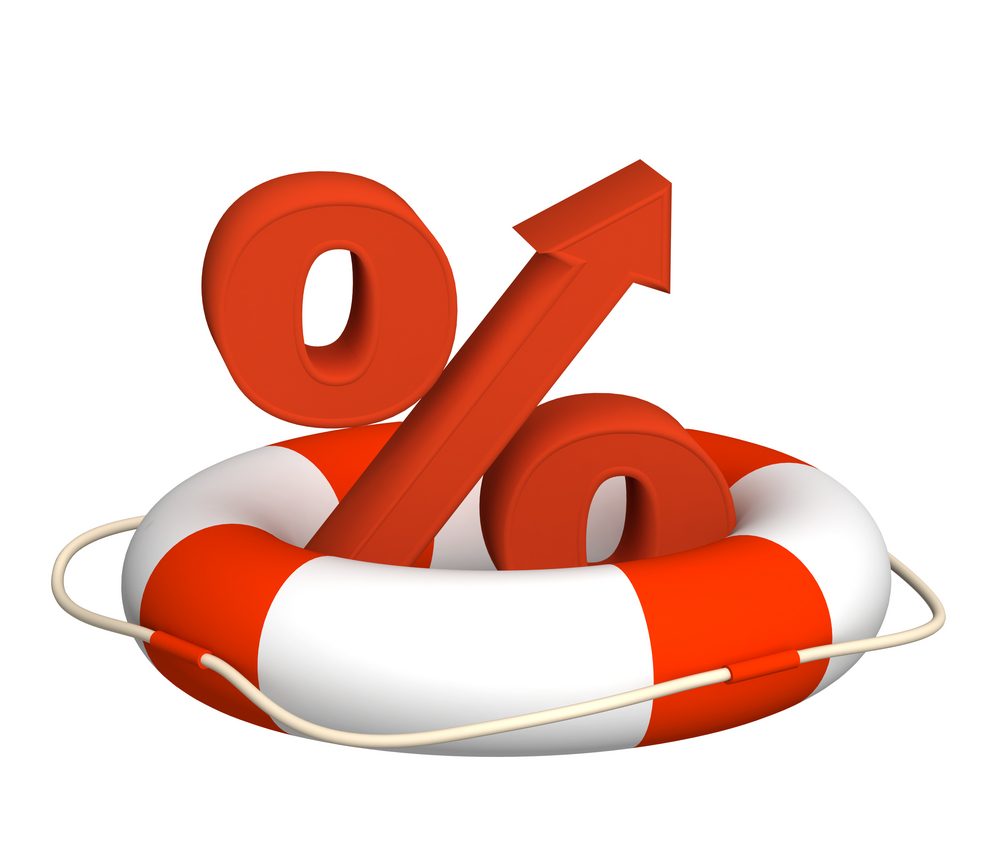Is the decision to keep the interest rate at 7 % really good news or is it too little too late?
18 May 2016 · Danielle van Wyk

Much to the relief of every South African pocket, came the announcement by the South African Reserve bank (SARB) that there will be no increase to the repo rate today. But some experts are of the opinion that the unchanged 7% rate does little to ease the financial strain already experienced by many.
Since last year South African consumers have seen a crushing total of three rate hikes, amounting to 100 basis points since November 2015.
As SARB governor, Lesetja Kganyago highlighted, the prediction of the continued intensification of petrol and food prices coupled with the expected average of a 6, 7 % inflation rate for 2016, we still have a long and slow road ahead to economic recovery.
But for now, the Monetary Policy Committee (MPC), has decided to allow for breather.
The repo rate, which translates into the interest rate at which SARB will lend money to banks, stays 7%. While the cost of borrowing money pauses at 10.5%.
This however does very little to alleviate the current struggle to make ends meet.
“With the cost of food, electricity, fuel and the general cost of living on an upward trend, consumers have been struggling to manage and afford their monthly expenses. This and three repo rate increases (since November) has proven fatal for many that were living on the edge of over-indebtedness. Suddenly, purchasing basic food items such as bread or milk is a struggle, forcing them to seek alternate sources of temporary income; the quickest being applying for or using more credit to get by on a day to day basis,” stated Ian Wason, CEO of debt counselling business DebtBusters.
“Payday loans (which have come under a lot of criticism recently) have been providing consumers with a quick and convenient way to access cash. Unfortunately, very few are able to stop at one pay day loan. Once consumers start along the road of requesting multiple payday loans, month after month, they very quickly become caught in a difficult to get out of debt spiral.
“While regulators have been actively implementing regulations to control and prevent reckless lending and expensive lending, Wason believes the root cause of the problem is not being addressed. “The lack of financial education in South Africa is where we need to start focusing. This is the real cause of the financial problems South Africans find themselves in,” Wason stated.
Also reluctant to view this as ‘good news’, was Sizwe Nxedlana, chief economist at First National Bank (FNB): “Despite the decision not to change rates, the SARB’s statement remained hawkish citing upside risks to inflation from global and domestic sources. While the recent data flow is supportive of the decision not to raise rates, the short-term inflation outlook is not rosy. Inflation is likely to accelerate in the latter part of this year peaking above 7% in December. However, inflation is most likely to decelerate thereafter. Following this logic there is some scope, albeit limited, for further rate hikes into the peak of consumer inflation later this year.”
“Consumers that are heavily reliant on credit must tighten their belts and find ways to pay down their debt. The wave of increases in inflation and the repo rate is not over,” warned Wason.

Free tool

info@justmoney.co.za
4th Floor, Mutual Park, Jan Smuts Drive,
Pinelands, Cape Town, 7405
© Copyright 2009 - 2025 · Powered by NCRCB29
Terms & Conditions
·
Privacy Policy
·
PAIA Manual
View your total debt balance and accounts, get a free debt assessment, apply for a personal loan, and receive unlimited access to a coach – all for FREE with JustMoney.